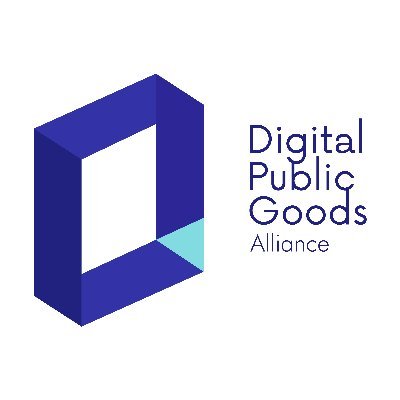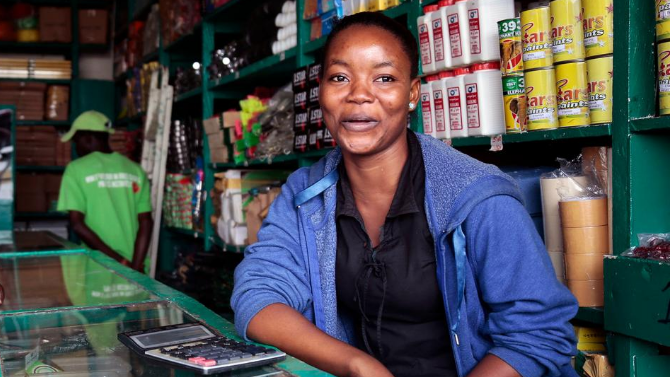Mapping the Marginalised: Leaving no one behind in Kibera
Kibera, the most populous slum in Nairobi (and East Africa), once appeared as a blank space on most maps because it was considered an illegal settlement. Because of this perceived illegality, basic demographic statistics for the slum were not collected, meaning the government didn’t provide basic services such as water, sewer, security, electricity and education. Thanks to Map Kibera, this is now starting to change.
Launched in 2009, Map Kibera works with local residents to create an open digital map of the area using GPS devices. Going door-to-door, the mappers conducted surveys to map physical structures, and identify formal and informal social service delivery points. They collected data on infrastructure (roads, paths, railway tracks), heath (location of medical facilities), education (location of schools), water (location of water points), and sanitation (locations of pit latrines, sewers).
The data includes the geospatial location of the service and extra information such as hours of operation and fees charged. As this socio-demographic data will constantly change, the Map Kibera platform uses OpenStreetMap, and open editable map of the world which allows for data to be updated and corrected through crowdsourcing, meaning maps can be kept up to date. Map Kibera also goes a step further, integrating with community news its members report on platforms like Voice of Kibera and Humans of Kibera.
The social service delivery information gathered is also made available, accessible and interoperable with official data, such as Kenya Open Data datasets.
The data collected present the most complete demographic and physical view of Kibera: they’re high quality, accurate, and timely. Because they are generated by both on-the-ground surveying and crowdsourcing, they are largely representational of residents in the slum.
And they are also, now, starting to drive change – and this is the exciting part. Recently, the team partnered with GroundTruth Initiative and Development Gateway on a project to create an interactive database of every school in Kibera: Open Schools Kenya. More than 350 informal schools serving the settlement are now mapped and government is taking notice, since for the first time it is clear just how many students are missing out on the government promise of free primary education. There are now efforts underway to plan new public schools to better serve the community. Meanwhile, others, like UNESCO and private donors, are already using the schools information to better target resources such as teacher trainings, donations of items, assistance in school construction and more.
Nyamweya Ngare, a parent at Olympic Primary School in Kibera, said: “Open Schools Kenya is a very good project because we have never seen such a unique project before, me as parent I really appreciate it because it’s a win-win situation to the people of Kibera: teachers, parents and even government. It’s now very easy to decide where to take my child to and I know many other parents will benefit from it.”
Perhaps most importantly, through collecting and representing their own information, residents of Kibera have a sense of ownership of the problem and possibility for further action. This has effectively democratised information itself, making the residents of Kibera both the producers and users of data.
This post was originally published on OpenSchoolsKenya.org.
Share This Post
Related from our library

DG’s Open Contracting Portal Designated as a Digital Public Good
Digital Public Goods Alliance designated DG’s Open Contracting Portal as a digital public good in September 2022. The Portal provides procurement analytics that can be used to improve procurement efficiency and, in turn, reduce corruption and increase impact.

Challenging Pessimists—and Optimists—to Reimagine Data and Power
Josh Powell and Jenna Slotin reflect on the Data Values Project and building a movement for change in data for development.

To Enable W-SMEs to Thrive in Côte d’Ivoire We Start by Listening to their Data and Digital Needs
This blog is co-written by Development Gateway’s Aminata Camara, Senior Consultant; Kathryn Alexander, Senior Program Advisor; and MCC‘s Agnieszka Rawa, Managing Director of Data Collaboratives for Local Impact (DCLI). On June 28th, 2021, MCC, USAID, Microsoft, Thinkroom, and Development Gateway will be co-hosting a workshop to share, validate, inform, and build on recent research on